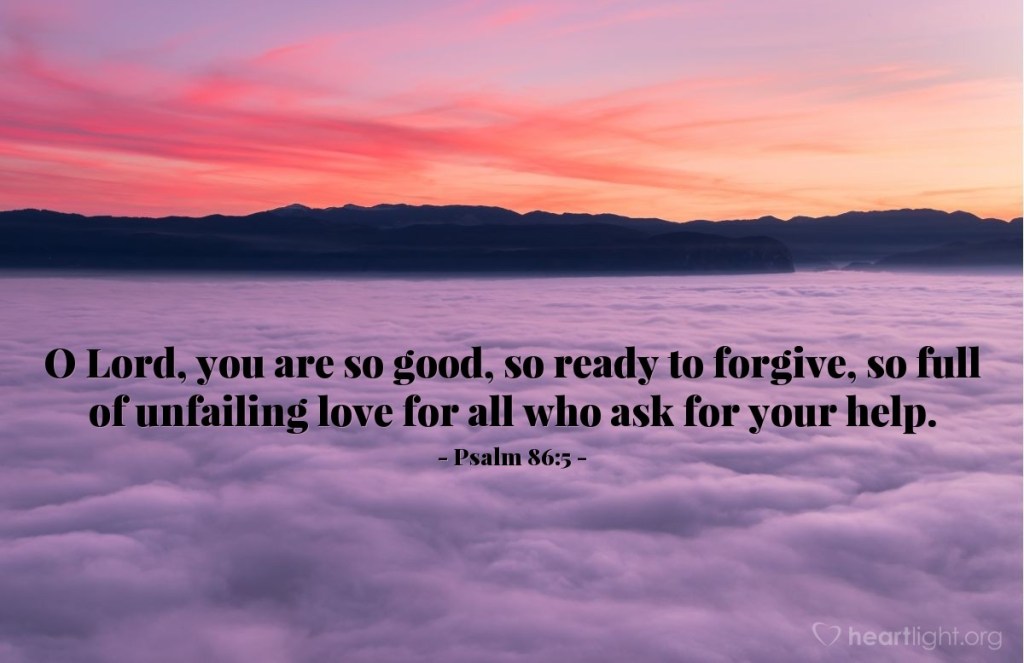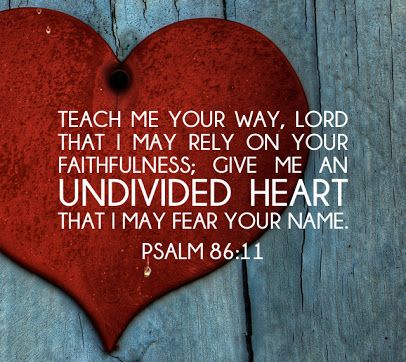“My heart’s cry for Moab is like a lament on a harp. I am filled with anguish…The people of Moab will worship at their pagan shrines, but it will do them no good. They will cry to the gods in their temples, but no one will be able to save them.”
–Isaiah 16:11-12
It not only broke God’s heart when his own people turned to idols and false gods; it caused him anguish when any people turned to any other god, because all people were created for him.
He crafted each person to search after and find him, to cry to him for help, and it hurts to watch his creation plead for aid from the lifeless shrines they have built to replace him, when he is so willing and ready to rescue the one who calls on him.
It’s like 911 operators are awake and waiting to answer a call for help, but the people in trouble keep dialing the number for an empty building because it looks like a firehouse.
Many, many lifeless gods in every form imaginable have taken the place of worship in human hearts. And we can serve them faithfully and cry out with all the sincerity we can muster and really believe that help is coming, but the building is still empty, and there’s no one to answer the phone.
God’s heart raged over Israel turning away from him: the people who knew 911 and decided dialing a different number was a better idea. And God’s heart broke for Moab, who had never been taught to call 911 in the first place.
Many, many more Moabs still cry out to lifeless gods. Many people are still calling empty buildings that look like firehouses.
Lord,
Prepare their hearts to turn to you.
Prepare our hearts to remain fixed on you.
Use us to reach into every Moab and teach them who you are.
You are eager and ready and able to hear their cry and rescue them.
I was ready to respond, but no one asked for help.
I was ready to be found, but no one was looking for me.
I said, ‘Here I am, here I am!’
to a nation that did not call on my name.
–Isaiah 65:1

“God has given us this task of reconciling people to him. For God was in Christ, reconciling the world to himself, no longer counting people’s sins against them. And he gave us this wonderful message of reconciliation…God is making his appeal through us. We speak for Christ when we plead, “Come back to God!” For God made Christ, who never sinned, to be the offering for our sin, so that we could be made right with God through Christ.”


